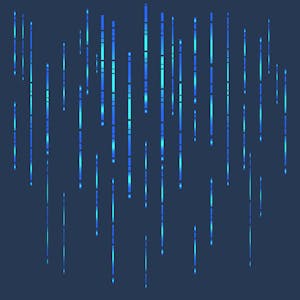Qualitative and Quantitative Analysis of Disaster Risk
About this Course
This course will teach you how to identify and analyze the risks of natural disasters in infrastructure projects. You will learn about different types of qualitative and quantitative analysis, as well as the methodologies and tools used to conduct these analyses in order to apply the knowledge. You will review risk models and comprehensive risk management. Interesting practical exercises will be presented that require the installation of specific software from the Inter-American Development Bank to conduct analyses related to the presented contents. This course is ideal for individuals interested in risk management, project planning, and climate change. It will also be useful for those working in government, non-governmental organizations, or the private industry. This course is part of a Specialization. Before starting, we recommend you take Course 1: \"Natural Disaster Risk in Infrastructure Projects\".Created by: Banco Interamericano de Desarrollo

Related Online Courses
Like most subjects, practice makes perfect in Data Science. In the capstone project, you will apply the skills learned across courses in the Practical Data Science with MATLAB specialization to... more
This course will introduce the student to the basic concepts of SQL for interaction with Relational Databases. It will illustrate basic SQL statements to create and query tables, leverage table... more
In this course, you will learn the fundamentals of database concepts in a cloud environment, get basic skilling in cloud data services, and build your foundational knowledge of cloud data services... more
This specialization is intended for all programming enthusiasts, as well as beginners, computer and other scientists, and artificial intelligence aficionados seeking a comprehensive introduction to... more
Reactive programming is a set of techniques for implementing scalable, resilient and responsive systems as per the Reactive Manifesto. Such systems are based on asynchronous message-passing, and... more








